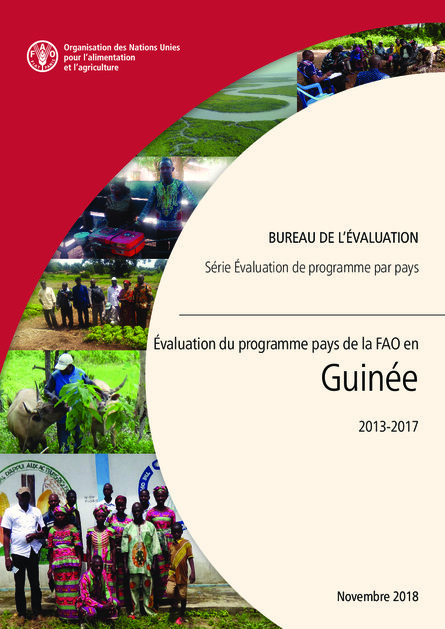
In 2012 about 55 percent of Guinea’s population was living below the national poverty line. The 2014/15 Ebola crisis heavily hit the country disrupting the actions undertaken by FAO to strengthen the resilience of vulnerable populations to food security. Several unplanned projects have been implemented to respond to the country’s emergency. Achievements included: Ebola risk management capacity building at community level as well as livelihoods and livelihoods strengthening of vulnerable households in agriculture and livestock; setting up a wildlife monitoring committee to better detect the disease. Due to the quality of its institutional support and its expertise in rural development, FAO has gained credibility with national institutions and UN agencies. However, it still lacks visibility among institutions with a less direct link to the agricultural sector. In addition, the absence of a clear resource mobilization strategy are the limits to the development of a major programme beyond the emergency response.